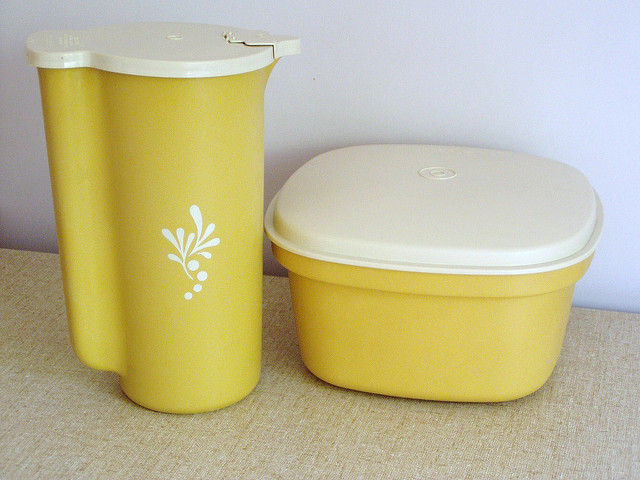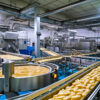How do you like your eggs? Sunny-side up, over easy, scrambled, or plastic? Besides being good for eating, eggs are now being studied for their protein albumin‘s potential to be used for making bioplastics. Two big problems with traditional petroleum plastic products are that they can be contaminated by bacteria when sterile equipment is required and they have extreme lifespans in landfills, lasting hundreds of years. However, egg albumin is not the only material that can be used to make bioplastics. Whey protein and soy protein can also synthesize bioplastics with three processes of plasticizers–water, glycerol, and natural rubber latex–and are subsequently introduced to different types of bacteria–Bacillus subtilis (gram positive) and Escherichia coli (gram negative)–to test their antibacterial effects.
The result?
Whey-glycerol and albumin-glycerol won as the best antibacterial bioplastics because after researchers introduced the two bacteria to them, there was no bacteria growth even after 24 hours. These new types of bioplastics have great implications because these materials can be used to make healthcare instruments with improved sterility and reduced contamination risks. Food storage may also be revolutionized; bacteria will not be able to proliferate in bioplastic environments. As for landfill reduction, bioplastics are biodegradable when placed in soil, unlike petroleum plastics, since they are made of protein. At most, it will take a quick two months for the bioplastics to completely degrade.
Image Source: Gary Braasch
For now, mass industrial production of bioplastics is still developing because of the dominant petroleum-based plastic market; however, the advent of bioplastics cannot be denied. Not only are bioplastics much more environmentally friendly, but they also reduce the risk for bacterial contamination, translating to fewer hospital revisits. The dawn of a new age is near: the age of Tupperware!
Feature Image Source: tupperware love by **tWo pInK pOSsuMs**










